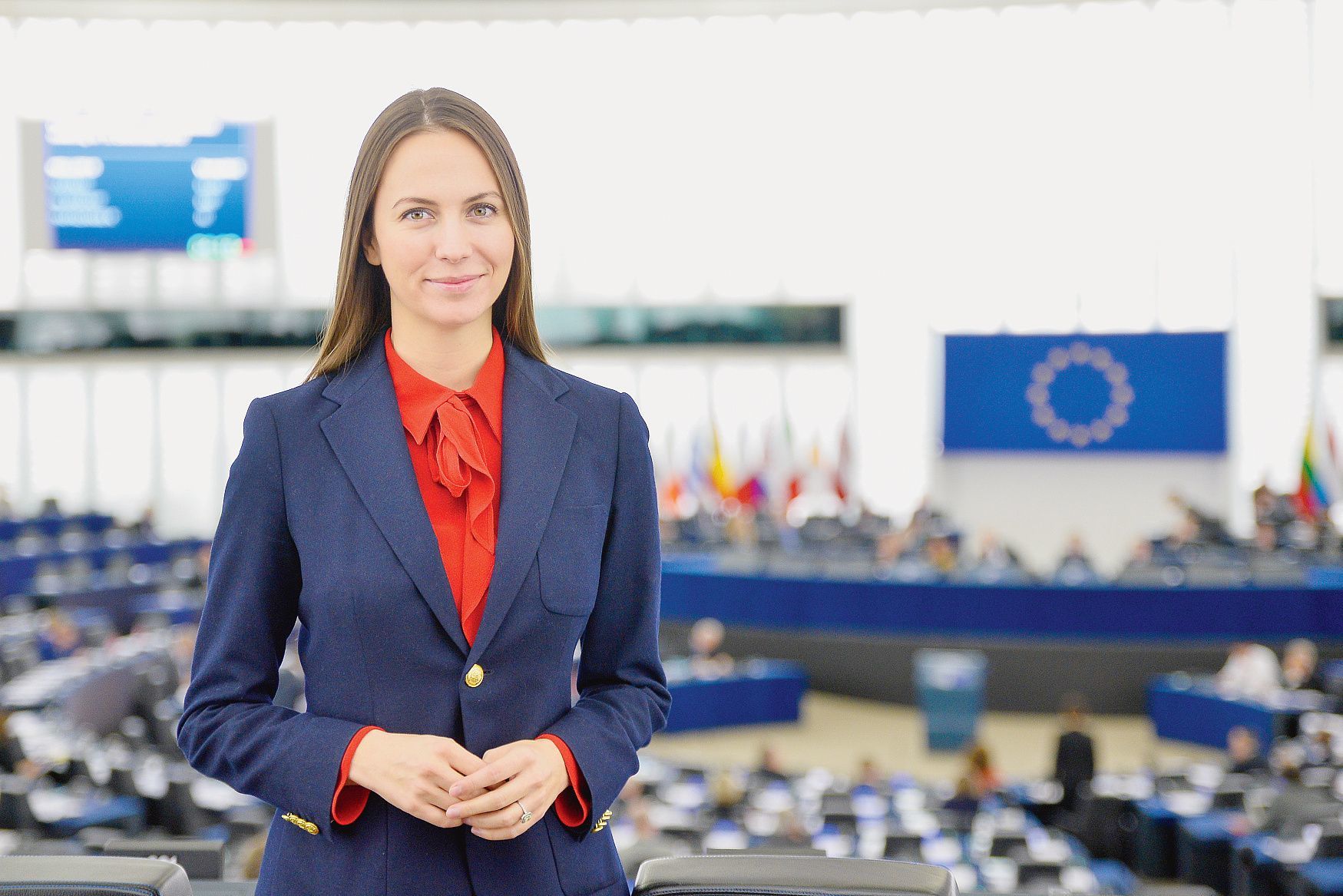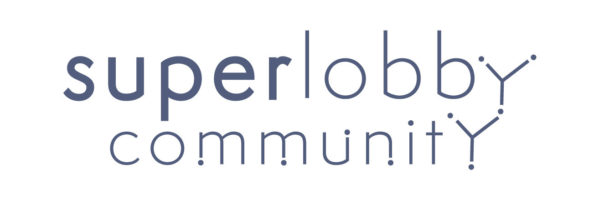
This interview with MEP Eva Maydell is an excerpt from the book EU Superlobby: Winning in Brussels.
Can you tell me something about your start as a Member of the European Parliament?
Parliament was not new for me as I had already been a political advisor to an MEP. The institutions as such were not new to me. Therefore, I had an easy start compared to MEPs that are completely new to the in- stitutions. Also, when I became a MEP in 2014, there were not as many new parliamentarians as there are now. There are many more new faces in 2019.
Experience also gave me the advantage of knowing that I had to focus and be selective about priorities. We knew our priorities right from the start of the mandate and this helped me and my office to quickly become the “tech-MEP” or “start-ups-MEP”. This was a deliberate strategy. As an MEP it is easy to be swayed away by interest groups that want you to en- gage with their cause, but this will make it more diffi- cult to establish yourself as an expert or authority on a specific topic.
What are the biggest challenges of any new MEP, and what would you advise the new class?
Make sure you have concrete priorities pegged to a strategic mapping that show you how you can achieve your goals and priorities. Secondly − and I knew this was important, but I didn’t realise how important it is to network! Form groups, talk to people, socialise. Find communities that support your ideas. Spread your web of contacts. And make sure your network ex- tends beyond your political group, while at the same time also nurturing your network within the political group. Sitting in the corner will not help you excel.
What skills are needed in order to thrive in the European Parliament?
I partially already answered this question when we discussed the need to network, think strategically and have the ability to prioritise, so I would rather elabo- rate on what I would like to see more of in the Euro- pean Parliament and what is really important. I would like to see more that people in the European Parlia- ment thrive and excel through professionalism, hon- esty and by having a real vision. I love working with people that see the bigger picture. We need to step away from the practice that people thrive by calculat- ing their odds or because they are political ap- pointees. Curiosity, creativity, critical thinking, having a vision: we should all work to make sure these traits are valued more. The current system sometimes favours too much persons from certain member states or from certain political groups. I think the Eu- ropean Parliament should be much more merit based.
What is your general view of lobbyists?
I honestly think this term should be applied more uni- versally. In Brussels everyone lobbies everyone. Every- one is a lobbyist. Even if you are a Member of Parliament. No single person is so powerful to push a policy through. Permanent Representations are lob- byists. The European Commission are lobbyists. The same goes for the Council as a whole. There is no hard line between private lobbyists or institutional lobby- ing. That is the way Brussels is set up.
How would you define power and influence in the EU?
The EU is a specific case when it comes to power. The strength of the union is in the power sharing. There can be no centralisation of power here. That is why power in the EU is the capability to persuade and ne- gotiate. It is always a number of stakeholders and in- stitutions that you need to convince to pass a rule. It is no secret that we deal with a number of different national interests and problems here. So it needs also understanding of the national context and the power structure of the EU to navigate in it. So power in the EU is just the opposite of the autocratic understand- ing of it, it is a democratic system where everybody has a role.
What do interest groups need to know when they want to work with Eva Maydell?
To start with, we need to have the same goals and pri- orities. We can differ on the approach as to how to get there but as long as we share the same objective, me and my team are happy to discuss the strategy ahead. I am very much a team player, and I think about things more broadly. I like to have more people rallied around a cause; the more people support it the better. Moreover, I love to work with people that are exceptional professionals. I like it when the people that want to work with me are better than me or my team. Also I like to work with inspiring persons or in- stitutions. People with clear vision and priorities and that focus on meaning. Meaning is very important. I need to see meaning in your cause. I don’t organise events for the sake of organising events or amend leg- islation for the sake of having an amendment. It needs to be part of a bigger thing and be meaningful.

